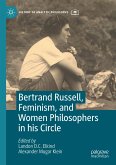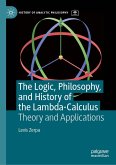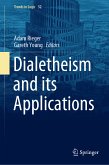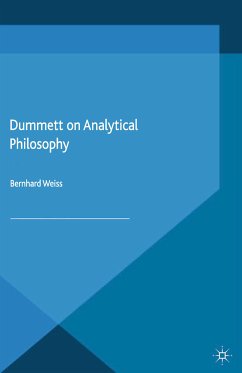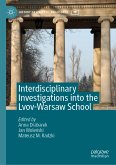This book develops a new approach to plural arbitrary reference and examines mereology, including considering four theses on the alleged innocence of mereology. The authors have advanced the notion of plural arbitrary reference in terms of idealized plural acts of choice, performed by a suitable team of agents. In the first part of the book, readers will discover a revision of Boolos' interpretation of second order logic in terms of plural quantification and a sketched structuralist reconstruction of second-order arithmetic based on the axiom of infinite,
a la Dedekind, as the unique non-logical axiom. The work goes on to analyse the pros and cons of the new interpretation, also with respect to Linnebo's objections to the thesis that second order logic is genuine logic. A theory of concepts that can be labelled as a theory of logical concepts is expounded.
In the second part of the book, the authors consider grounding megethology on plural arbitrary reference and argue that the arguments for the ontological innocence of mereology are not conclusive and that - for a certain use of mereology - a thesis of innocence, similar to that of plural arbitrary reference, is defensible. The work proposes a virtual theory of mereology in which the role of individuals is played by plural choices of atoms.
This considered work will appeal to scholars from branches of analytic philosophy, logic and the philosophy of mathematics in particular.
Dieser Download kann aus rechtlichen Gründen nur mit Rechnungsadresse in A, B, BG, CY, CZ, D, DK, EW, E, FIN, F, GR, HR, H, IRL, I, LT, L, LR, M, NL, PL, P, R, S, SLO, SK ausgeliefert werden.



